Kolkata, July 25 (V7N) – West Bengal Chief Minister Mamata Banerjee has issued a strong warning that a new language movement may be launched if needed to protect the Bengali language, which she claims is currently under threat.
Speaking at a memorial event held at Dhandhanya Theatre in Kolkata on Thursday (July 24) to mark the death anniversary of legendary Bengali actor Uttam Kumar, the Chief Minister criticized what she called a wave of "language terror" being imposed on Bengali speakers.
“Mahanayak Uttam Kumar is the pride of our country, our culture, and our hearts. Every year on this day, we remember his legacy. But today, we are seeing persecution against those who speak in Bengali,” said Banerjee.
She emphasized that language, culture, and civilization are the backbone of any nation, and urged society to stand up and awaken against the ongoing linguistic discrimination.
Highlighting the global significance of the Bengali language, Banerjee noted:
“Bengali is the fifth most spoken language in the world and second in Asia, spoken by nearly 300 million people. Yet, we are witnessing incidents where people are jailed or forced to emigrate just for speaking Bengali.”
The Chief Minister appealed for greater respect and recognition for Bengali films, music, and artists:
“Do not insult the Bengali language. I’m not asking you to disregard other languages—but those who create, sing, and act in Bengali deserve greater importance. Let all languages coexist with unity and harmony.”
Banerjee also criticized what she called the "politics of deprivation" being practiced in Bengal due to fear of the state's cultural progress. She invoked the contributions of Bengal to India’s heritage, referencing Rabindranath Tagore, Bankim Chandra Chattopadhyay, Kazi Nazrul Islam, and the Renaissance and freedom movement rooted in Bengal.
“If people from Bengal are arrested for speaking Bengali outside the state, this fight will go to Delhi. And if needed, the language movement will begin again,” she declared emphatically.
Her remarks have sparked renewed debate over linguistic identity and regional representation in India, especially amid rising concerns over cultural homogenization.
END/RH/AJ



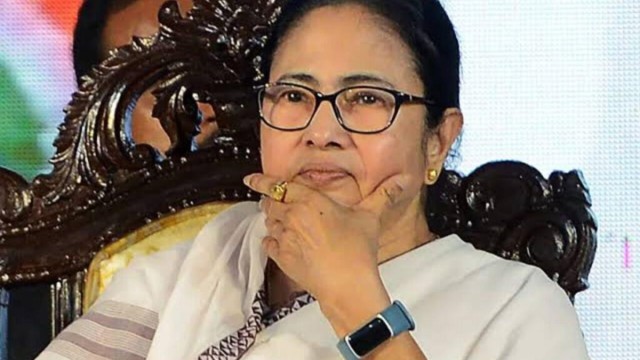
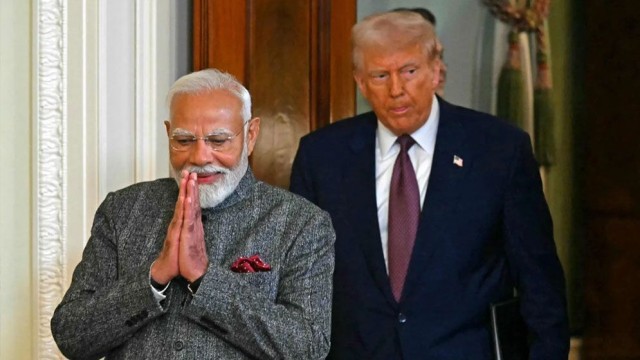
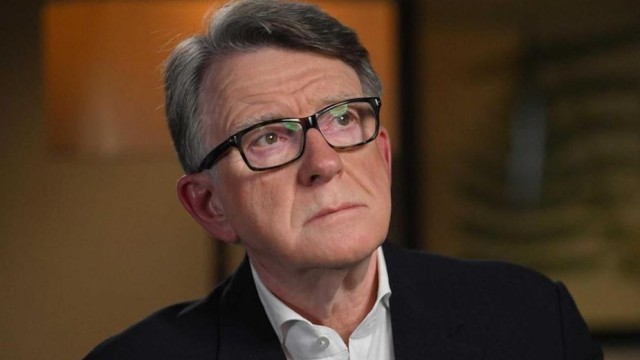

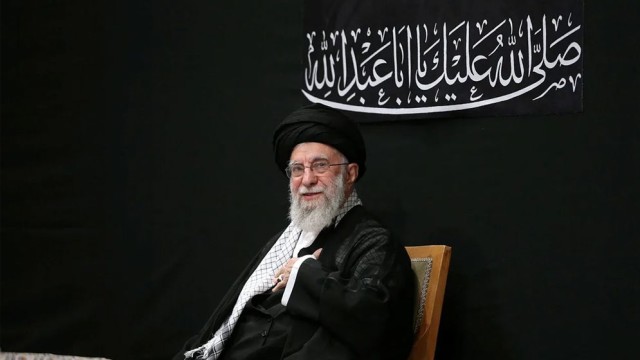
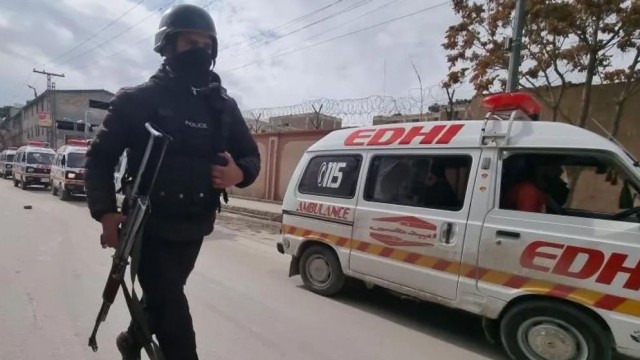
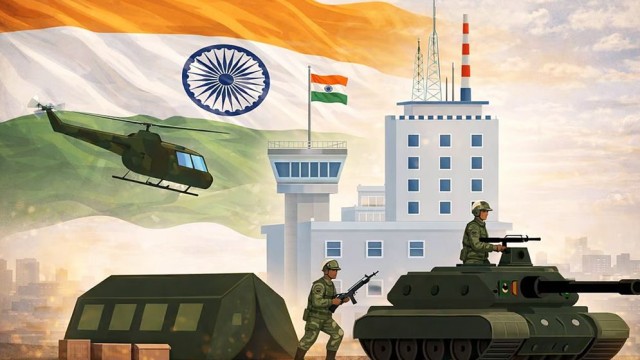

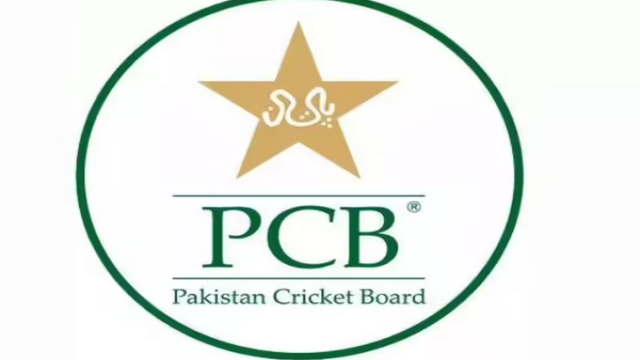
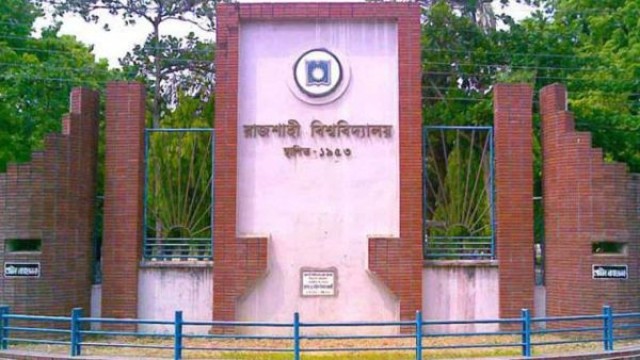
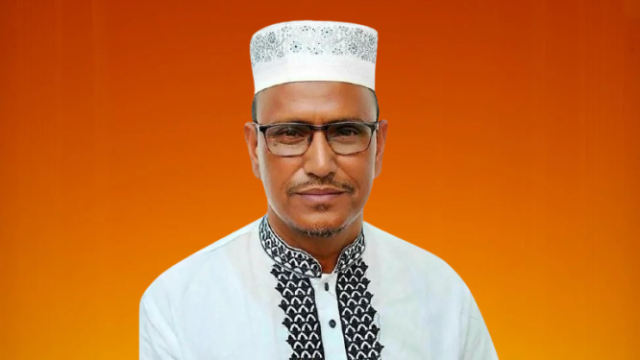
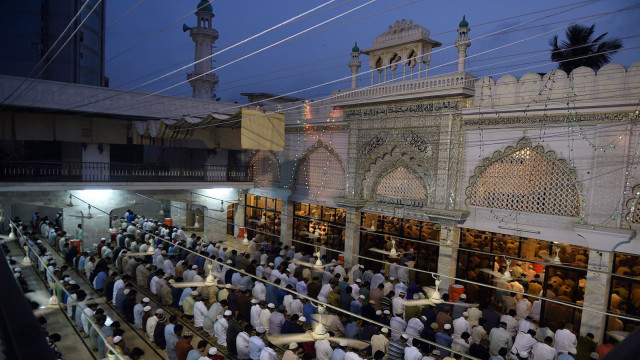


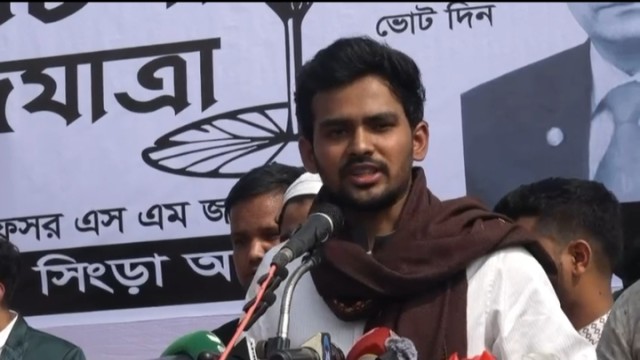
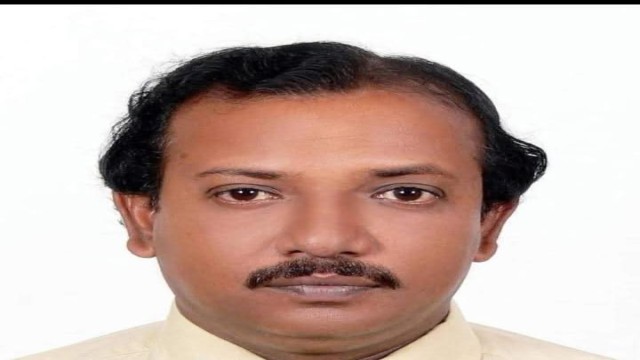











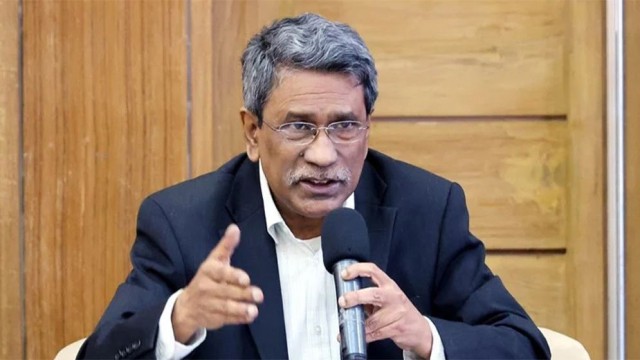
Comment: